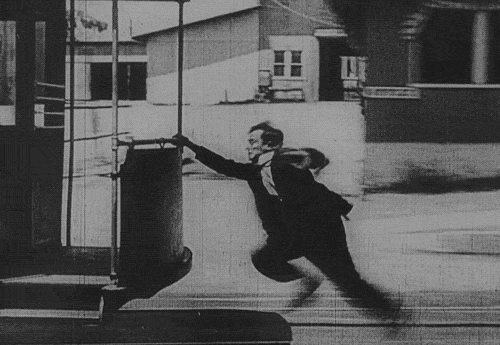 |
photo by Caitlin McNaney
|
I filed Kelly's name away, but it resurfaced in my reporting on director/choreographer Casey Nicholaw, who works with Kelly as his dance arranger whenever he can. Then, when I saw that Kelly was credited with assembling the Frankenstein monster of a period score for the new Woody Allen musical Bullets Over Broadway, I thought it was time to find out more about him, his work, and the uniquely near-invisible position he occupies as one who typically must "arrange" music in the style of the credited composer or, in the case of Bullets, in the style of the show. "I played the role of the composer in the absence of one," is how he put it to me in an eventual interview for the paper of record. (He also confirmed my assumption about his role in the Brooks musicals.)
Arranging is of composing, he told me, without the hardest part of composing: facing a blank page. But in the case of Bullets--which, for the record, deeply frustrated me in its lack of an original musical score, even I as remain impressed with how deftly Glen was able to knit its old songs and spare parts together--he faced not pages bereft of notation but an entirely empty score book, and he was tasked with helping director Susan Stroman and Allen fill it.
I would only add that my story for the Times constitutes one of those happy instances where I got to write a story not pitched by a press agent before a show's opening--a case where essentially I had the privilege of geeking out about music and theater with someone who knows it far better than me (my recent Scott Miller feature was a similarly diverting self-assignment), and do it for publication. This gig has its satisfactions.
